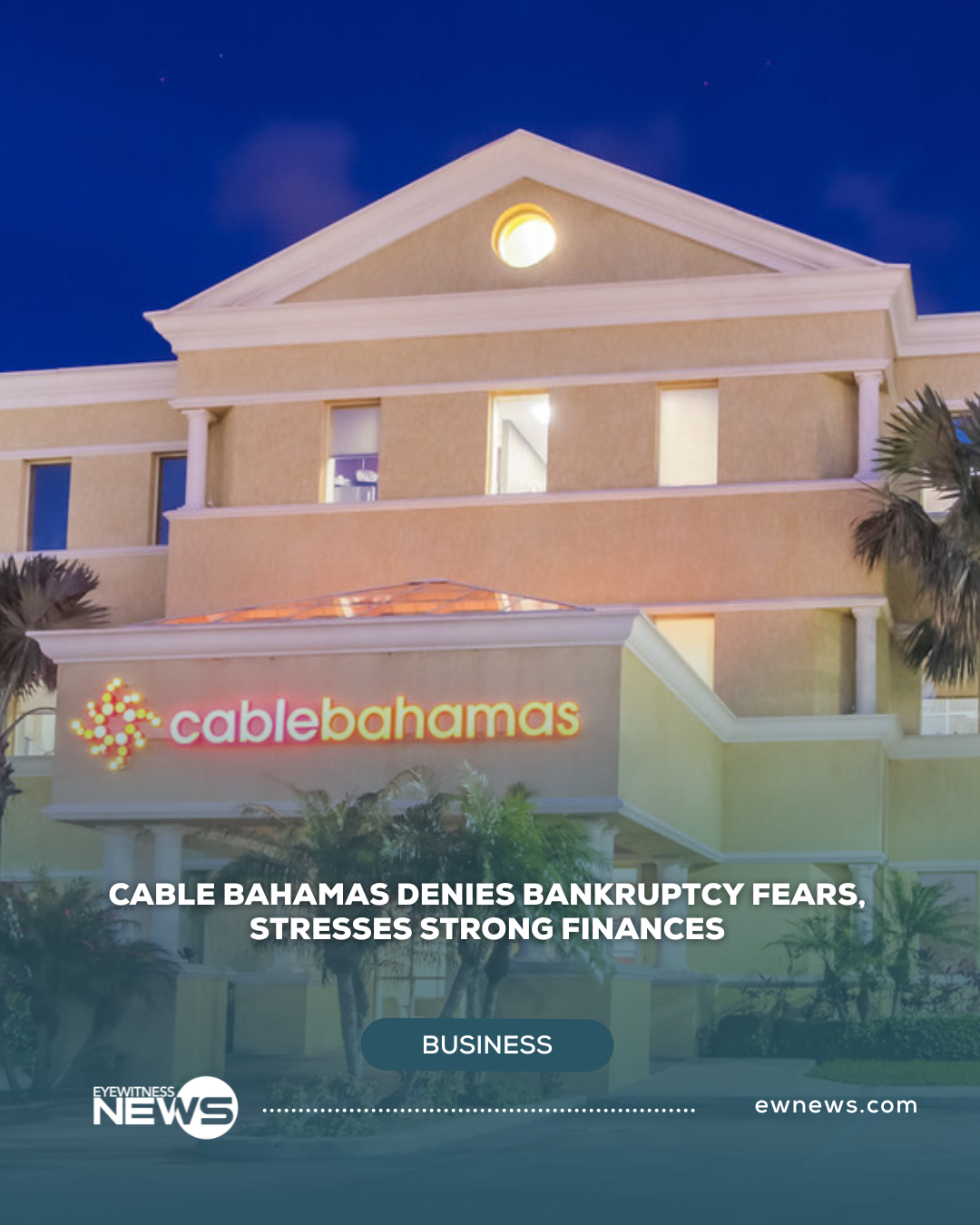
NASSAU, BAHAMAS –
Cable Bahamas Ltd. (CBL) has pushed back strongly against suggestions it faces financial distress, following a Tribune Business article that carried a headline referring to “bankruptcy fears” tied to satellite regulation changes.
In a statement this week, CBL described the headline as “misleading and irresponsible,” insisting there is no basis for claims that the company is in financial trouble.
The Tribune’s original story reported that CBL raised concerns in its submission to the Utilities Regulation and Competition Authority (URCA) about the potential market disruption posed by low-earth orbit (LEO) satellite operators, warning it could threaten the viability of local telecom companies.
The article noted CBL’s argument that if foreign satellite providers enter the Bahamian market without appropriate regulatory safeguards, it could impact revenues for domestic providers and possibly force them to restructure their businesses.
CBL clarified, however, that its participation in URCA’s consultation was part of its responsibility to advocate for fair policy. “Our submission is grounded in a call for a level playing field where all service providers, including foreign entrants, are held to consistent standards, obligations, and accountability,” the company stated.
Financially, the company says it remains strong and strategically focused. For the first three quarters of fiscal year 2025, CBL reported consolidated revenue of $181 million and EBITDA of $69 million.
Free cash flow has surged by 140%, attributed to disciplined investment timing and continued expansion of its fibre-to-the-home network. The company’s total assets now stand at $527 million, and dividends have increased by 33% year-over-year.
CBL emphasized that while satellite services can help connect remote areas, they cannot replace the capacity or cost-effectiveness of terrestrial networks. The company cited technical reports showing that LEO systems have inherent limits, higher costs, and short lifespans, making them unsuitable as a nationwide broadband solution.
The company also warned that granting licenses to unregulated foreign satellite providers without local service obligations, taxation, or investment could undermine critical national infrastructure.
“Cable Bahamas remains committed to progress, customers, and country,” the statement read. “As the only 100% Bahamian-owned telecommunications provider, we will continue investing in technology, improving customer service, and advocating for a telecom sector that is competitive, future-focused, and rooted in Bahamian value creation.”
CBL, founded in 1995, delivers broadband internet, cable television, and fixed-line services to nearly the entire country and is also the controlling shareholder of BeALIV Limited, the nation’s second mobile licensee. The company is led by Franklyn A. Butler II, its first Bahamian Group CEO and President.






